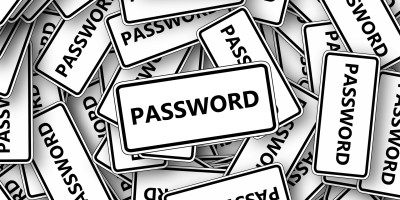authentication

Weak social network password security is more trouble than you think
53 percent of users haven’t changed their social network passwords in more than one year – with 20 percent having never changed their passwords at all, according to a …

Online banking customers remain extremely frustrated with passwords
A new survey by iovation and Aite Group, polled nearly 1,100 consumers across four generations who use online and/or mobile banking platforms to better understand their …

Lip movement: Authentication through biometrics you can change
Choosing a unique, complex and long enough password that will still be easy to remember is a big challenge for most users, and most of them would happily opt for biometric …

A new age of digital signatures is upon us
The increased adoption of digital signatures should not come as a surprise: many businesses are trying to digitalise their everyday processes, and digital signatures are both …

Adobe unveils cloud-based digital signature built on an open standard
With more than seven billion mobile devices in the world and cyber-threats at an all-time high, demand has surged for simple and secure ways to sign and manage documents on …

How a dynamic range of authentication can open doors for trusted customers
In this podcast recorded at RSA Conference 2017, Michael Thelander, Director of Product Marketing at iovation, talks about lessons learned from bringing authentication …

The time to fortify your organization against CNP fraud is now
When it comes to EMV (Europay, MasterCard and Visa) security chip adoption, the United States is the clear laggard. According to EMVCo, only 7.2% of “card present” …

UnifyID’s ingenious user authentication platform wins Innovation Sandbox Contest
A panel of venture capitalists, entrepreneurs and large security companies selected UnifyID from a group of 10 finalists as the winner of the Innovation Sandbox Contest at RSA …

LaunchKey: Passwordless consumer authentication at scale
iovation announced its LaunchKey mobile multifactor authentication solution. It empowers global consumer brands to improve security and consumer experience by delivering a …

How to minimize the risk and impact of identity fraud
The number of identity fraud victims increased by sixteen percent (rising to 15.4 million U.S. consumers) in the last year, according to Javelin Strategy & Research. They …

Facebook and GitHub test new account recovery option
Facebook and GitHub have partnered to provide GitHub users who employ two-factor authentication an easier way to recover access to their account in case they get locked out of …

Facebook gets physical for safer logins
Facebook has been offering the two factor authentication login option for a while now, and is now trying to make its use easier than ever before. “Most people get their …